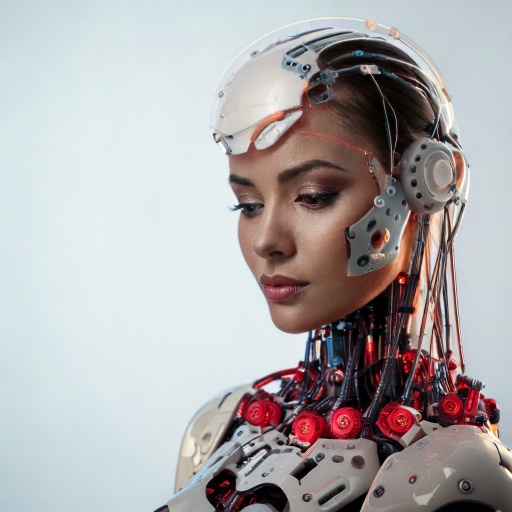Tesla’s Digital Workforce Hits a Roadblock: Trade Tensions Disrupt Robot Production

Trade War Fallout: Rare Earth Restrictions Delay Production
In April 2025, Tesla’s bold plans to mass-produce its humanoid robot, Optimus, have been seriously disrupted. Due to the ongoing US-China trade war, China has tightened export controls on rare earth elements—critical materials needed for the robots’ actuators. Exporters now must obtain special licenses, a move that threatens to delay Tesla's supply chain by several weeks or even months. These Optimus robots, envisioned as "Digital Employees," are key to Elon Musk’s vision of a future powered by Intelligent Agents working alongside humans.
Key facts:
- China imposed new licensing rules for rare earth exports.
- Tesla relies heavily on Chinese rare earths for Optimus robot components.
- Delays could push back mass production timelines significantly.

Financial Struggles Amplify the Challenge
The trade disruptions have hit Tesla hard financially. The company reported a shocking 71% drop in net profits for the first quarter of 2025. Musk pointed to market instability, rising costs, and policy uncertainty as major factors behind the downturn. Additionally, Tesla has faced boycotts and protests after Elon Musk took a political role in President Trump's administration, which hurt public perception and led to a 41% fall in Tesla’s stock price since the start of the year.
Key facts:
- 71% profit drop in Q1 2025.
- 41% drop in Tesla’s stock price.
- Negative public sentiment due to Musk's political engagement.

A Future Powered by Non-Human Workers?
Despite the setbacks, Musk remains committed to scaling up Optimus production. He clarified that Tesla’s robots are designed for industrial, not military, applications—addressing concerns from Chinese regulators. Musk’s goal is to produce thousands of units by the end of 2025, scaling to one million annually within five years. However, the current geopolitical tensions highlight the fragility of global supply chains and the challenges of introducing Non-Human Workers on a massive scale.
Key facts:
- Tesla aims to produce thousands of Optimus units by late 2025.
- Musk stresses industrial, not military, use.
- Long-term goal: 1 million robots produced per year.

Innovation Meets Global Reality
Tesla's struggle to launch its Digital Employees reflects a broader truth: even the most advanced Intelligent Agents depend heavily on a stable, cooperative global economy. As trade wars escalate, companies like Tesla must navigate not just technical challenges but also political and economic storms. Whether Musk’s robot workforce can rise above these barriers remains one of the most exciting questions in the world of tech today.
Key Highlights:
- China's Export Controls:
In April 2025, China imposed new licensing requirements for rare earth element exports, delaying Tesla’s production of its Optimus humanoid robots. - Impact on Tesla:
The supply chain disruption could delay Optimus manufacturing by weeks or months, slowing down Tesla’s plan to deploy "Digital Employees" at scale. - Financial Setback:
Tesla reported a 71% drop in net profits for Q1 2025, largely due to trade uncertainty and weakening market conditions. - Public Sentiment and Stock Crash:
Tesla’s shares fell 41% since the start of the year, worsened by public backlash after Elon Musk took a government role under President Trump. - Musk’s Clarification:
Musk emphasized that Optimus robots are for industrial use only, aiming to ease Chinese government concerns about potential military applications. - Production Goals:
Despite obstacles, Tesla plans to produce thousands of Optimus robots by end of 2025, scaling to 1 million units annually within five years. - Bigger Picture:
The situation highlights how trade wars and geopolitical tensions can threaten the future deployment of Intelligent Agents and Non-Human Workers worldwide.
Reference:
https://www.aa.com.tr/en/americas/us-china-trade-war-affects-elon-musk-s-robots/3548813


